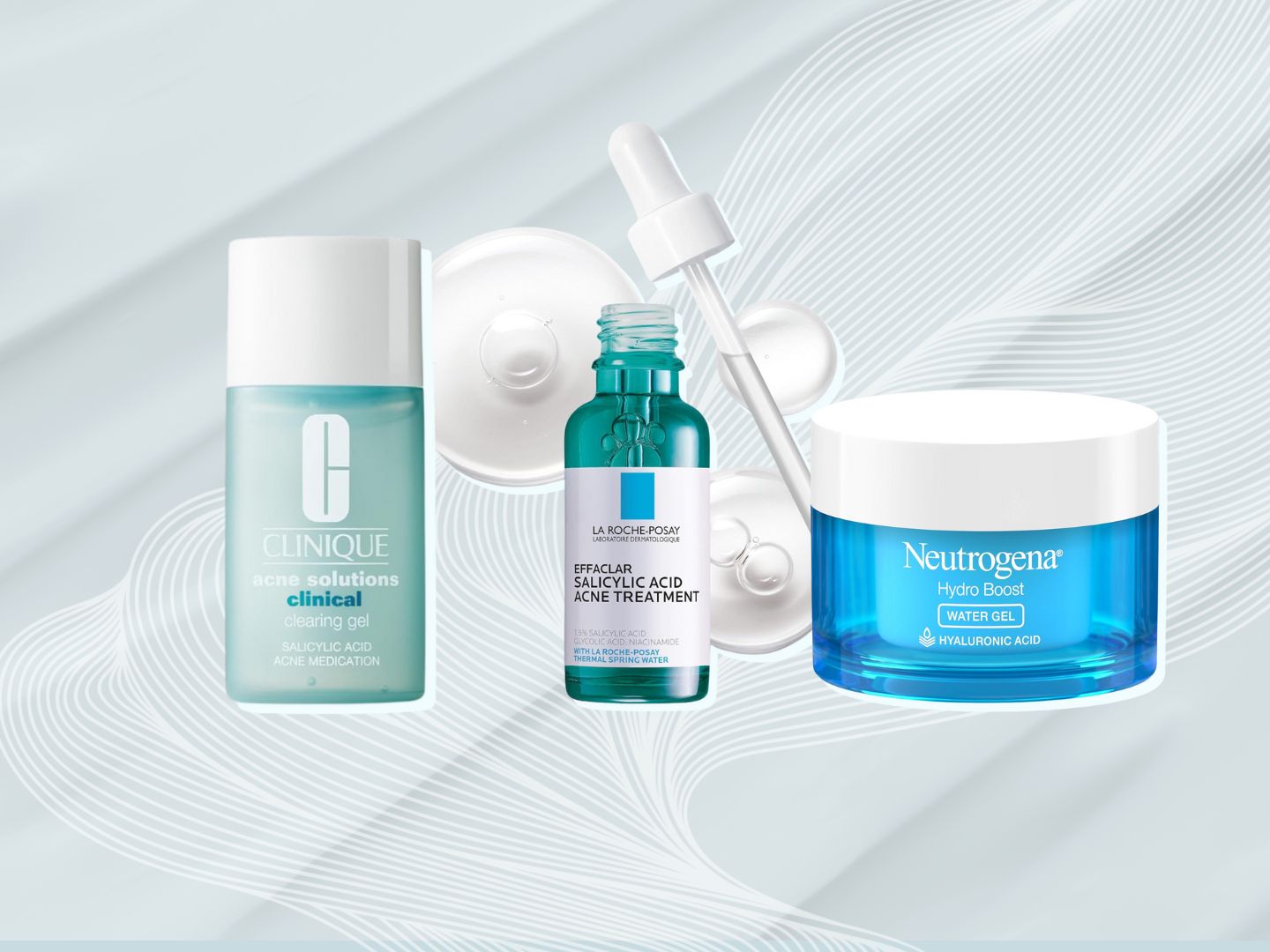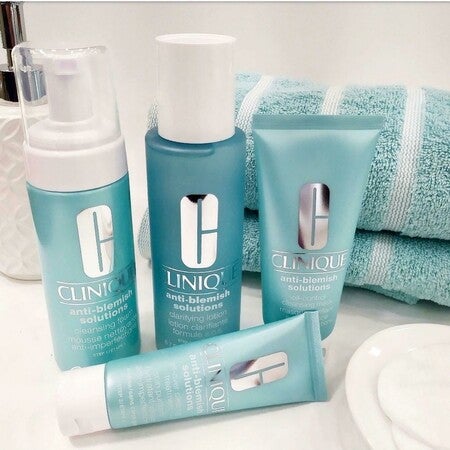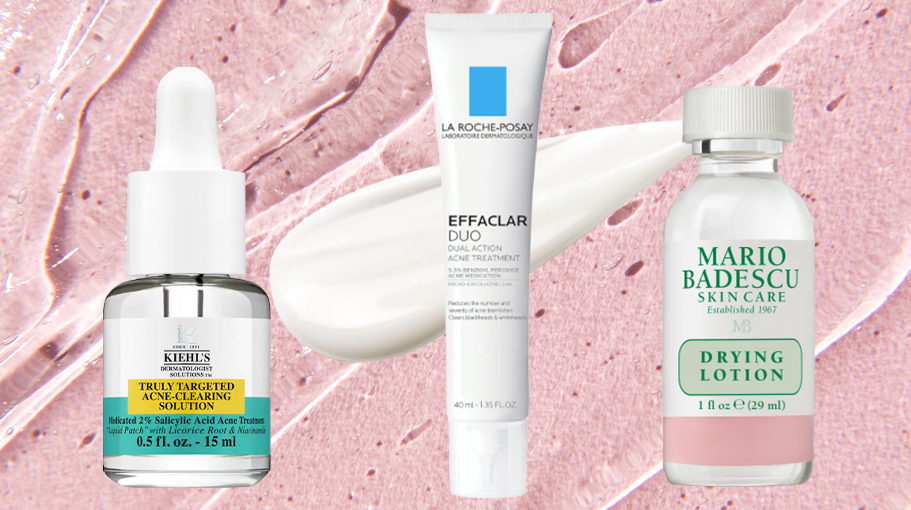


Date: 07 Oct 2025
Acne can be frustrating—not just for teens, but for adults too. Whether it's the occasional breakout or persistent, painful pimples, acne affects not just your skin but also your confidence.
The good news? There are effective solutions available, and many of them are accessible over the counter or online.
Acne isn’t just about dirty skin or poor hygiene. It’s actually a complex condition influenced by several factors:
Understanding the root cause of your acne can help you choose the right treatment.

Over-the-counter acne treatments have come a long way. Many of today’s best products use science-backed ingredients that target the root causes of acne without a prescription. Here are two of the most effective active ingredients to look for:
Benzoyl Peroxide is one of the most widely used and recommended acne treatments. It works by killing the bacteria (C. acnes) that causes pimples and helps to unclog pores by removing dead skin cells and excess oil. It also has anti-inflammatory properties, which means it helps reduce the redness and swelling associated with breakouts.
Why it’s effective:
How to use it:
Salicylic Acid is a type of beta hydroxy acid (BHA) that’s excellent for oily or acne-prone skin. It works by penetrating deep into the pores to dissolve oil and break down the dead skin cells that cause clogs. It also gently exfoliates the surface of the skin, making it smoother and clearer over time.
Why it’s effective:
How to use it:
While many people see improvements with OTC treatments, some cases of acne need professional help. You should see a dermatologist if:
A dermatologist can prescribe stronger treatments like topical retinoids, oral antibiotics, hormonal therapy, or isotretinoin for persistent or severe acne.

Shoppers around the world are searching for acne solutions that work—and several products consistently stand out due to their effectiveness and customer reviews. Here are a few of the top-rated and best-selling acne products currently trending online:
Here are some OTC products with strong reputations, praised by shoppers and dermatologists alike:
Acne can feel overwhelming, but with the right knowledge and a bit of patience, it’s treatable. Whether you’re dealing with the occasional breakout or more persistent acne, understanding the cause, choosing the right treatment, and knowing when to seek help are key steps toward clearer, healthier skin.
Benzoyl peroxide and salicylic acid are the most effective OTC ingredients for treating acne. They target acne-causing bacteria, unclog pores, and reduce inflammation.
Yes. Many acne treatments work for all ages. However, adults may benefit more from gentler formulas or ingredients like niacinamide and retinoids, which also address aging concerns.
Most acne treatments take 6–8 weeks of consistent use to show noticeable improvement. Patience and consistency are key.
Research suggests that high-glycemic foods and dairy may contribute to acne in some individuals. Everyone’s skin is different, so it’s best to monitor how your skin responds to dietary changes.